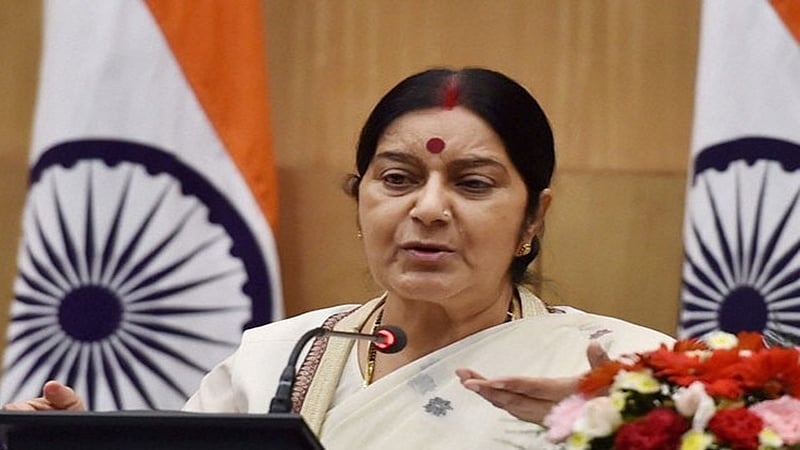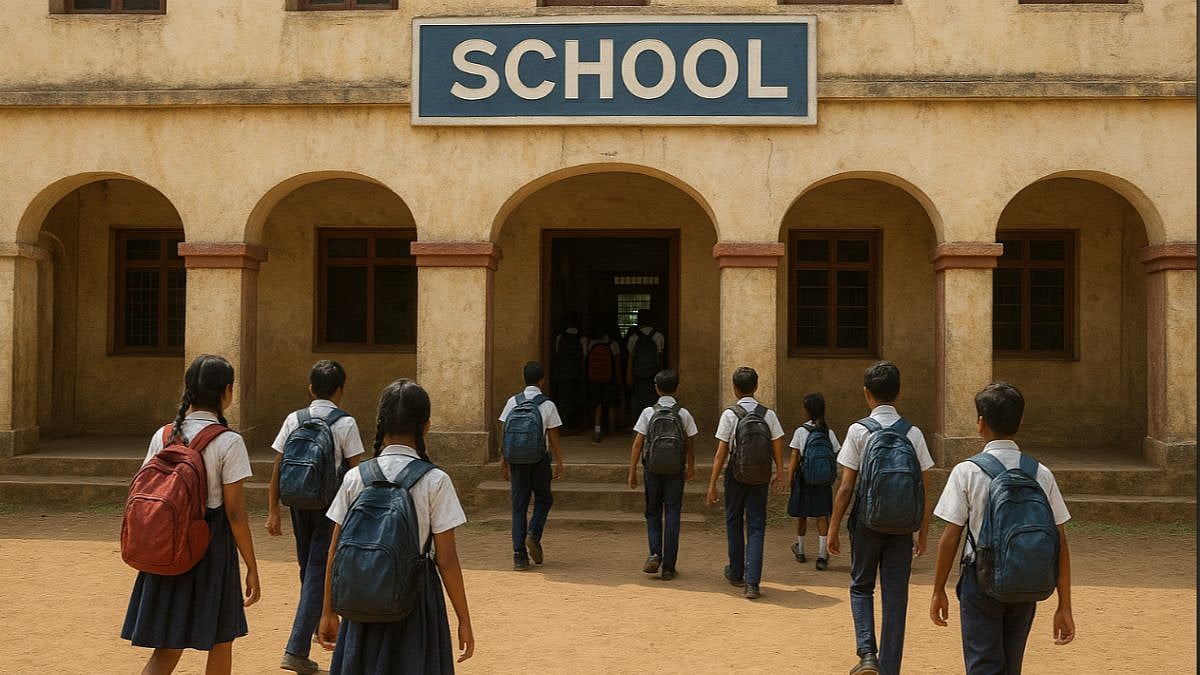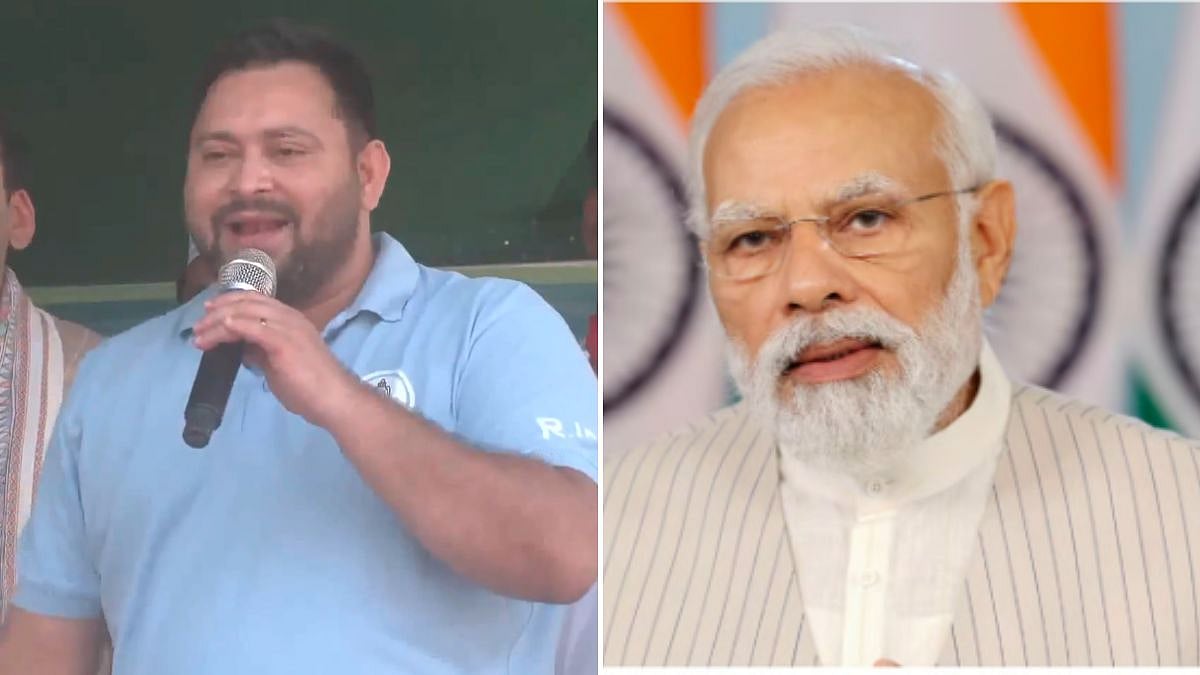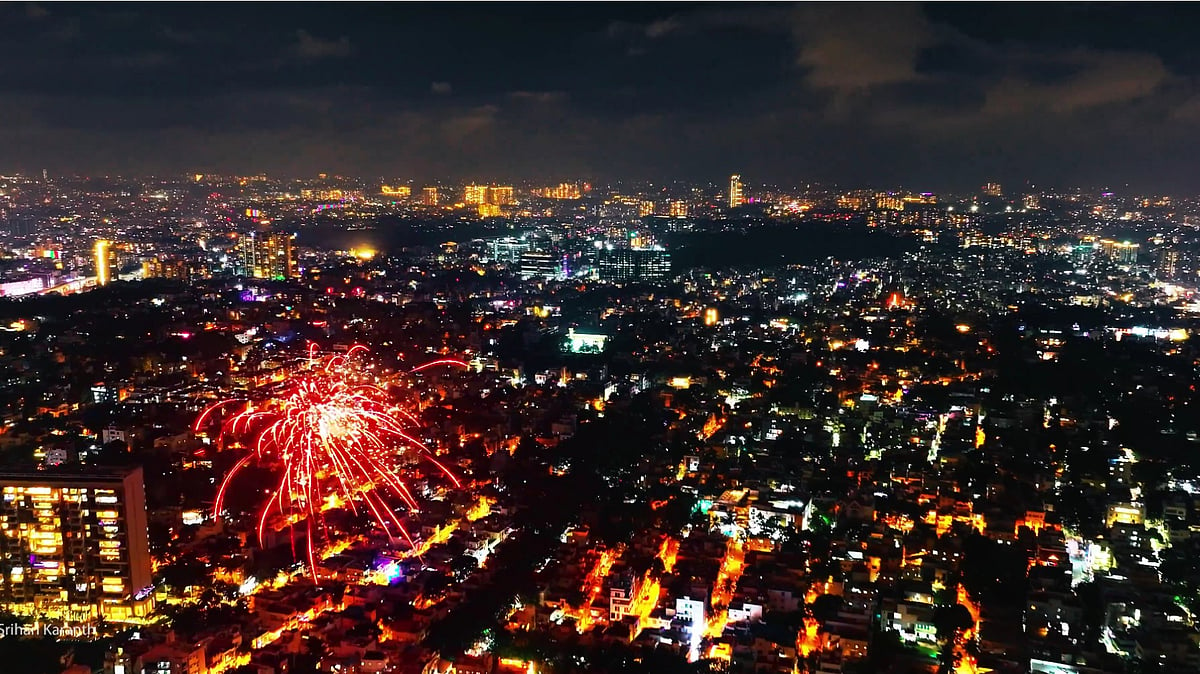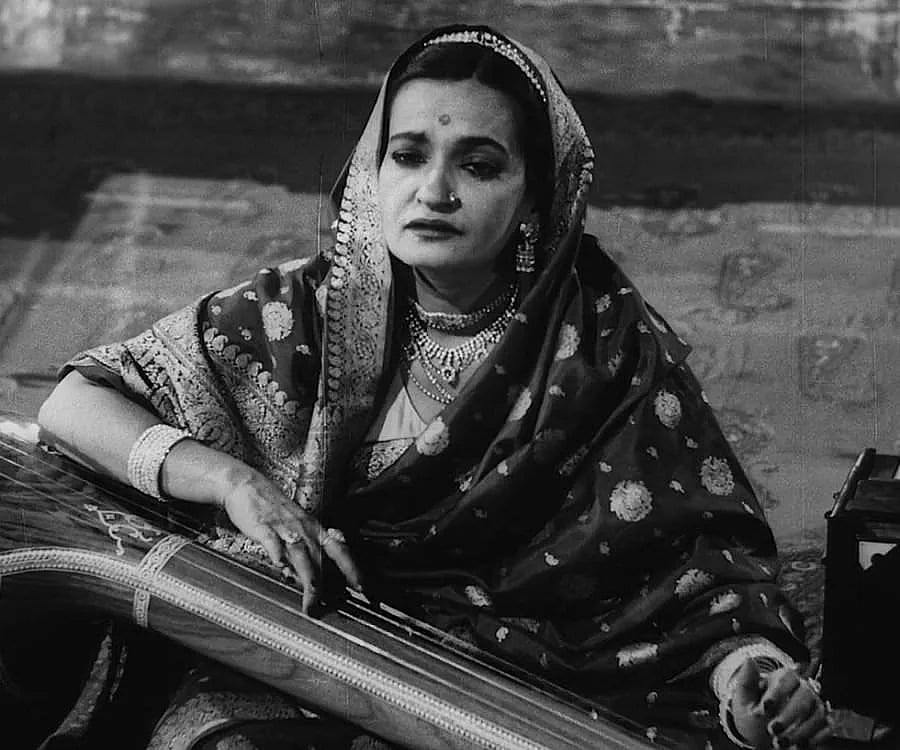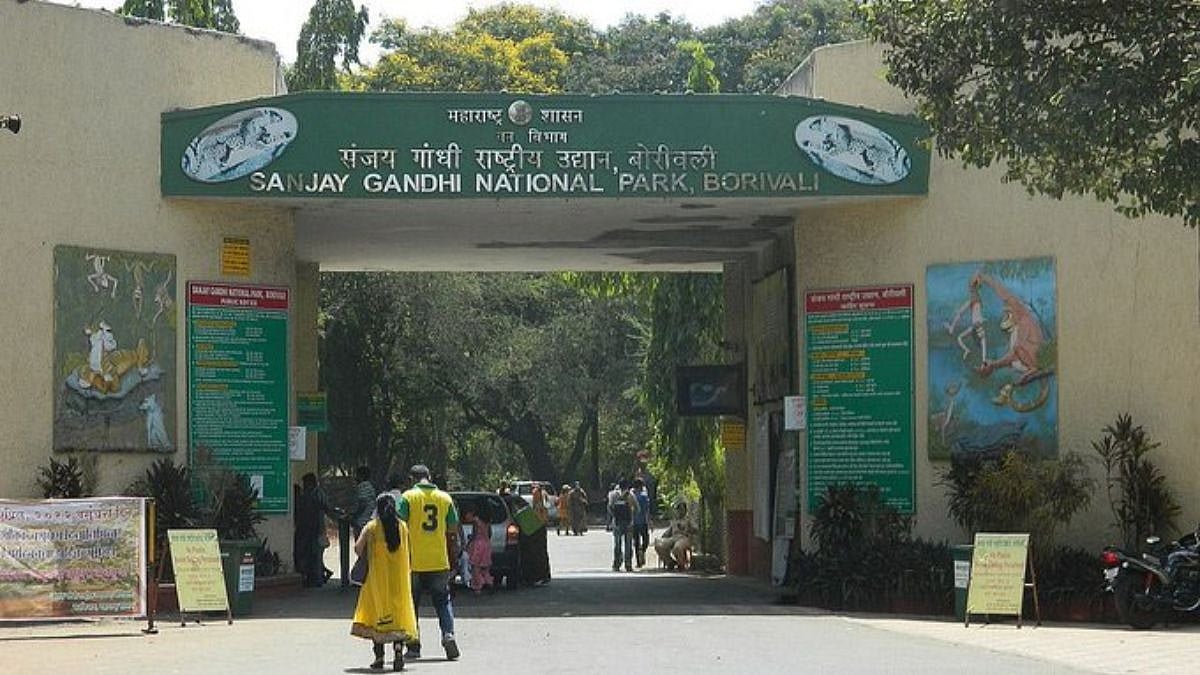The Don Pacifico affair is history’s best-known instance of a government flexing its muscles to protect its citizens abroad. It comes to mind as a sharp contrast to Sushma Swaraj’s callous handling of the death of 39 Indian workers, whom terrorists of the Islamic State of Syria and the Levant kidnapped and murdered in Iraq. I am sure both she and her boss, the prime minister, would have shown far greater concern if some well-known name, an Adani or an Ambani perhaps, had been involved.
Don Pacifico was a Jewish shopkeeper in Athens. He had been Portuguese consul-general, but having been born in the British colony of Gibraltar, was a British subject. An anti-Semitic mob that included the sons of a government minister attacked and vandalised his house in 1847 while the Greek police looked on. When the Greeks rejected a peremptory British demand for compensation and refused to punish the mob’s ringleaders, Lord Palmerston’s government in London ordered the Royal Navy into the Aegean Sea, authorised it to seize Greek ships and property, and blockaded the port of Piraeus which serves Athens. The Greek government quickly capitulated in probably the best-known instance of what is called “gunboat diplomacy”.
No one expected Narendra Modi to send the Indian air force to bomb Mosul which the Islamic State terrorists then controlled. Or Badush where the terrorists are believed to have taken their Indian prisoners. But prompt action and some concern for the truth might have assured the public that we have a government that cares for all irrespective of status even if it can’t provide for all Indians. The sad truth is that while the Philippines supplies the world with maids, India provides its construction workers or “coolies” if one doesn’t want to be politically correct. As the Aam Aadmi Party legislator, Bhagwant Mann, said recently, “The US and Canada are for the rich. The poor from Punjab have no choice but to go to the Gulf countries.” Mr Mann added, “Agents (the Indian word dalal is more expressive) show them dreams that would change their lives and these people fall for it.”
What else can a labourer do? Having sold or mortgaged his scrap of land to buy a ticket to Dubai or Basra, he can’t turn back even when the actual job turns out to be far less attractive than the original offer.
The work is more strenuous, hours are longer, the pay is lower. Allowances and accommodation fall below expectations. A Gulf News survey found that 81 per cent of respondents blame “employer exploitation” for unrest. Agents, who confiscate the victim’s passport, take a cut of all emoluments. They know, as do employers, that whatever an Indian is paid is much more than he can earn at home. They also ensure that Indians are aware that Bangladeshis will accept even less. Yet, the 2.8 million Indians toiling in the blistering heat of the United Arab Emirates remit $13 billion every year. A local joke has it that the temperature never rises above 50 degrees because UAE law obliges employers to give their men a day off when it does. Dozens of workers commit suicide. Workplace injuries are common because safety measures are neglected. The United Nations Office on Drugs and Crime places the UAE in the “high” category for trafficking. Human Rights Watch condemns working conditions as “less than human.” Religious fanaticism is West Asia’s new peril.
So dire are Indian conditions that, as Mr Mann said, most workers are from Punjab, once India’s granary. In Cyprus last year, I discovered that even Punjabi wives and daughters are forced to abandon their homes and seek menial work abroad. The recent “rail roko” agitation in Mumbai by 3,000 members of the All India Act Apprentice Association exposed that “Skill India” is just another publicity gimmick like “Make in India.” The demonstrators dismissed the railway minister’s promise of nearly 90,000 additional jobs as another “false assurance”. As Manmohan Singh says, Mr Modi hasn’t even created two lakh jobs, leave alone the promised two crores.
The dead men were kidnapped four years ago. Being Muslim, the 55 Bangladeshis taken with them were released in a few days. The one Indian, Harjit Masih, who managed to escape did so by pretending to be a Muslim called Ali. He got in touch with the authorities here, but instead of being welcomed as the only source of authentic information, he was arrested, interrogated and repudiated. Perhaps, this was because his testimony would counter the official version which maintained until October last year that the men were, in Mrs Swaraj’s words, “alive and safe”. Their relatives were made to undergo DNA tests to emphasise this. There were hints that Ajit Doval, the national security adviser, was going to Iraq to seek them out. When the grim truth could no longer be concealed, the external affairs minister seemed to think it was a great sacrifice that her junior, General V K Singh, and India’s ambassador to Iraq had to sleep on the floor of a small house during the search operations.
It isn’t difficult to understand the official motive for this pretence. Mrs Swaraj must reassure Mr Modi that her management of the external affairs ministry (to say nothing of the overseas Indian affairs portfolio she also holds) will not cost him the 2019 election. His political survival demands keeping up the loudly trumpeted propaganda that Indians have never had it so good. Neither could afford to admit that despite ceaseless boasting and streams of foreign visitors, except when the prime minister himself is on jaunts abroad, today’s India just does not have the clout to influence other governments. Nor does it care much when party interests are not directly involved.
This callousness is to be contrasted with the operation Inder Kumar Gujral, external affairs minister under H D Deve Gowda, mounted on the eve of Operation Desert Storm to rescue nearly 200,000 stranded Indians. This first demonstration of the New Delhi establishment’s concern for labourers was compared to the 1961 Berlin airlift, but many in India’s upper echelons still criticise Gujral for in effect exerting himself for people beyond the pale.
There is no quick or easy answer to the dilemma. Of course, no government can stop people from going abroad to seek their fortune. We saw how rackets flourished in the era of stringent travel and foreign exchange restrictions, and how resourceful people evaded all manner of restrictions and risked their lives to go after jobs. The only alternative is to create a vigorous economy at home that places secular prosperity above religious identity. Returning to the Don Pacifico episode, it at least showed Britain cares for its own. That’s one reason that made Britain great.
Sunanda K Datta-Ray is the author of several books and a regular media columnist.
